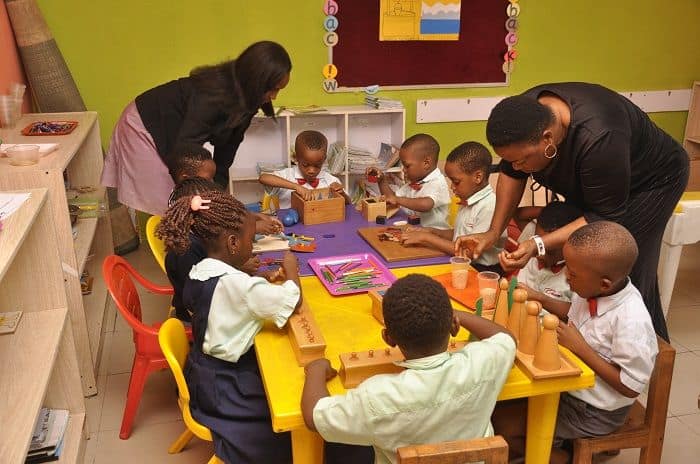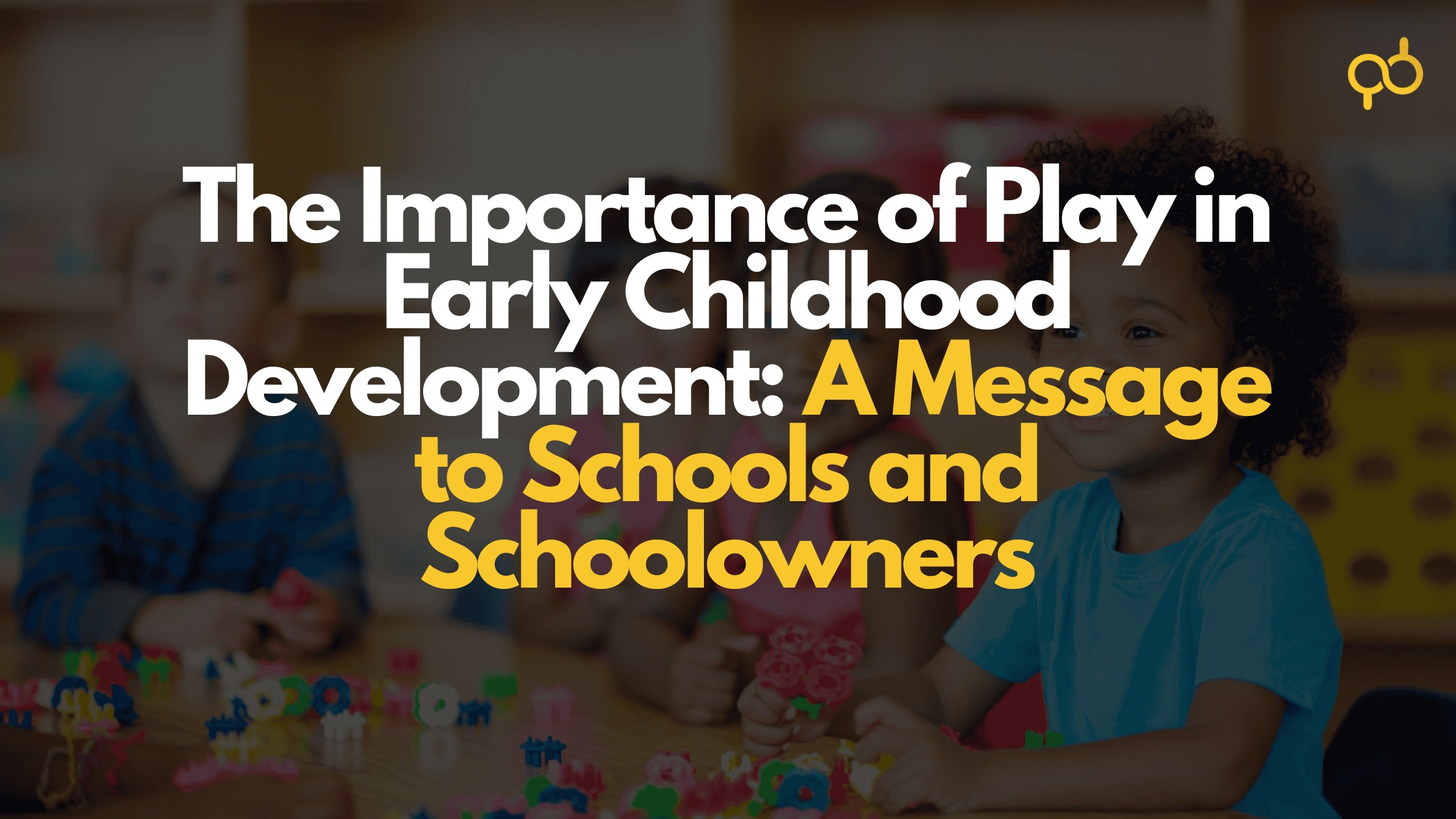The saying “All work and no play makes Jack a dull boy” holds a significant truth, especially in the context of early childhood education. While parents play a crucial role in a child’s development, schools and school owners in Nigeria also hold significant responsibility. It is essential to create an environment that values and promotes play as much as academic learning.
Incorporating play into the school curriculum is not just beneficial; it is necessary for holistic child development. Play-based learning fosters cognitive, social, and emotional growth. Through play, children develop language skills, enhance their creativity, and build physical coordination. These experiences are foundational for their overall development and future academic success.
READ MORE: Here’s Why Free Play is Vital for Child Development
Schools should provide ample opportunities for children to engage in various forms of play—both structured and unstructured. This can include outdoor activities, imaginative play, and interactive learning sessions. By doing so, schools help children develop their social skills, enhance their language abilities, and foster a love for learning.
School owners should invest in creating safe and stimulating play areas. These environments should be equipped with materials and resources that encourage children to explore, experiment, and engage with their peers. Play-based learning should be seen as an integral part of the educational process, rather than a break from it.

Training teachers to understand the importance of play and how to integrate it into their teaching methods is also crucial. Educators should be equipped to create a balance between academic instruction and play-based activities, ensuring that children receive a well-rounded education.
In conclusion, while early schooling is important, it should not come at the expense of play. Both parents and schools must work together to ensure that children in Nigeria receive a balanced education that includes ample time for play. This approach will not only support their academic growth but also contribute to their overall well-being and development. Schools and school owners have a pivotal role in fostering an environment where play and learning coexist harmoniously, paving the way for our children’s bright and successful futures.
